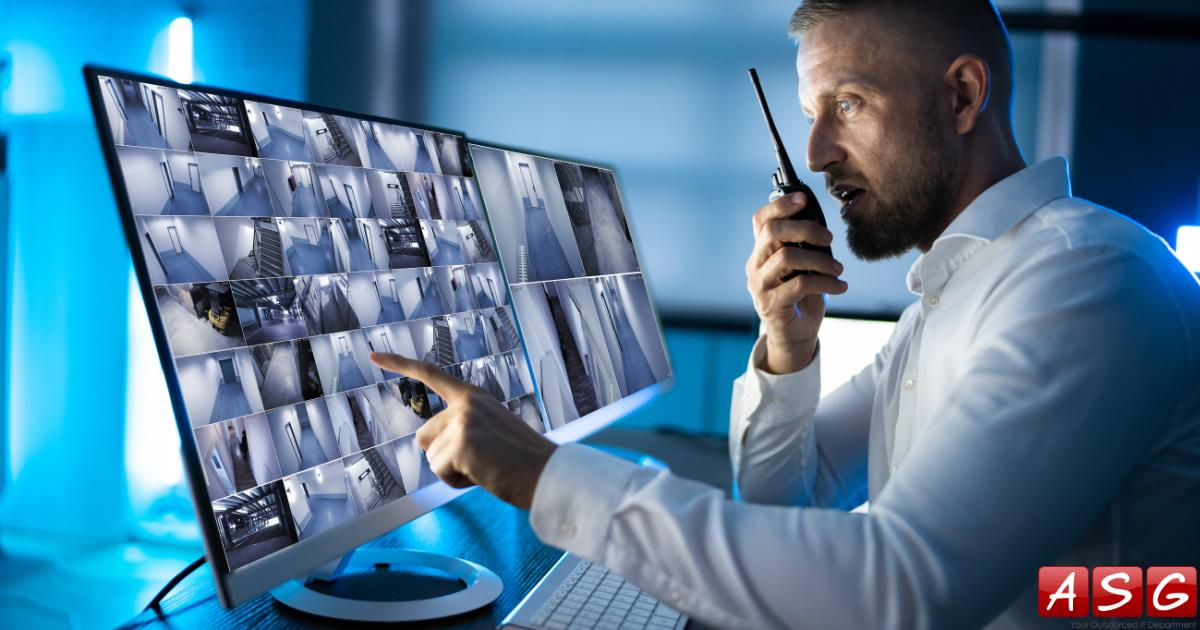Privacy, Legal and Compliance Aspects of Business CCTV Usage
Published: Monday, October 13, 2025
CCTV is vital for protecting people and property, but under South Africa’s POPIA, footage that identifies individuals counts as personal data. Businesses must balance security with privacy by being transparent, storing footage responsibly, and ensuring compliance. This article explores how to use CCTV ethically while staying on the right side of the law.

CCTV has become part of everyday life in South Africa. Cameras play a vital role in deterring crime and safeguarding people and assets for a range of businesses.But as technology becomes more advanced, and the Protection of Personal Information Act (POPIA) continues to shape data privacy laws, businesses must navigate the fine balance between security and compliance.
Understanding the Legal Landscape
CCTV footage is personal data. Under POPIA, any image from CCTV cameras that can identify a person qualifies as personal information, meaning businesses collecting or storing CCTV footage are considered “responsible parties.”
This comes with legal obligations. Companies must make sure that surveillance is lawful, that footage is processed fairly, and that it’s stored securely.
POPIA allows video monitoring for legitimate purposes such as safety, crime prevention or operational efficiency, but the collection must be proportional to its purpose.
Excessive surveillance, like recording private spaces or using footage for reasons other than those initially stated, can amount to a privacy violation.
The Importance of Transparency
Transparency is the cornerstone of compliance. Employees and customers should know when and where they’re being recorded. Visible signage stating that CCTV cameras are in use, along with a brief explanation of its purpose, is both a courtesy and a legal safeguard.
This openness helps build trust while protecting the business from claims of covert surveillance. Internally, companies should include CCTV policies in employment contracts or workplace handbooks, making it clear how footage is managed, who has access and for how long it’s stored.
Storing and Handling Footage Responsibly
CCTV data must be stored securely, with restricted access and proper encryption where possible.
POPIA requires that personal information not be kept longer than necessary, so businesses should set defined retention periods, often 30 to 90 days, unless footage is needed for an ongoing investigation or legal matter.
Only authorized personnel should view or retrieve footage, and sharing it externally (for example, with law enforcement or insurance providers) must comply with data transfer rules.
Regular audits of storage systems and access logs help provide continued compliance and reduce risk.
Common Pitfalls and How to Avoid Them
One of the biggest mistakes companies make is overlooking internal misuse. Employees with access to footage must be trained on privacy responsibilities, as careless sharing like posting clips online can lead to severe reputational and financial consequences.
Another pitfall is failing to align CCTV systems with updated privacy frameworks. Cloud-based video storage, for example, may involve international data transfers.
In such cases, businesses must ensure that third-party service providers meet POPIA’s data protection standards.
Balancing Security and Privacy
The goal isn’t to limit security but to integrate it responsibly. CCTV can protect staff and even improve productivity when used ethically. The secret lies in documenting intent and safeguarding data while make sure that technology supports rather than compromises individual rights.
As South African companies continue adopting smarter surveillance tools, understanding the privacy, legal and compliance aspects becomes a mark of modern, ethical business practice.
